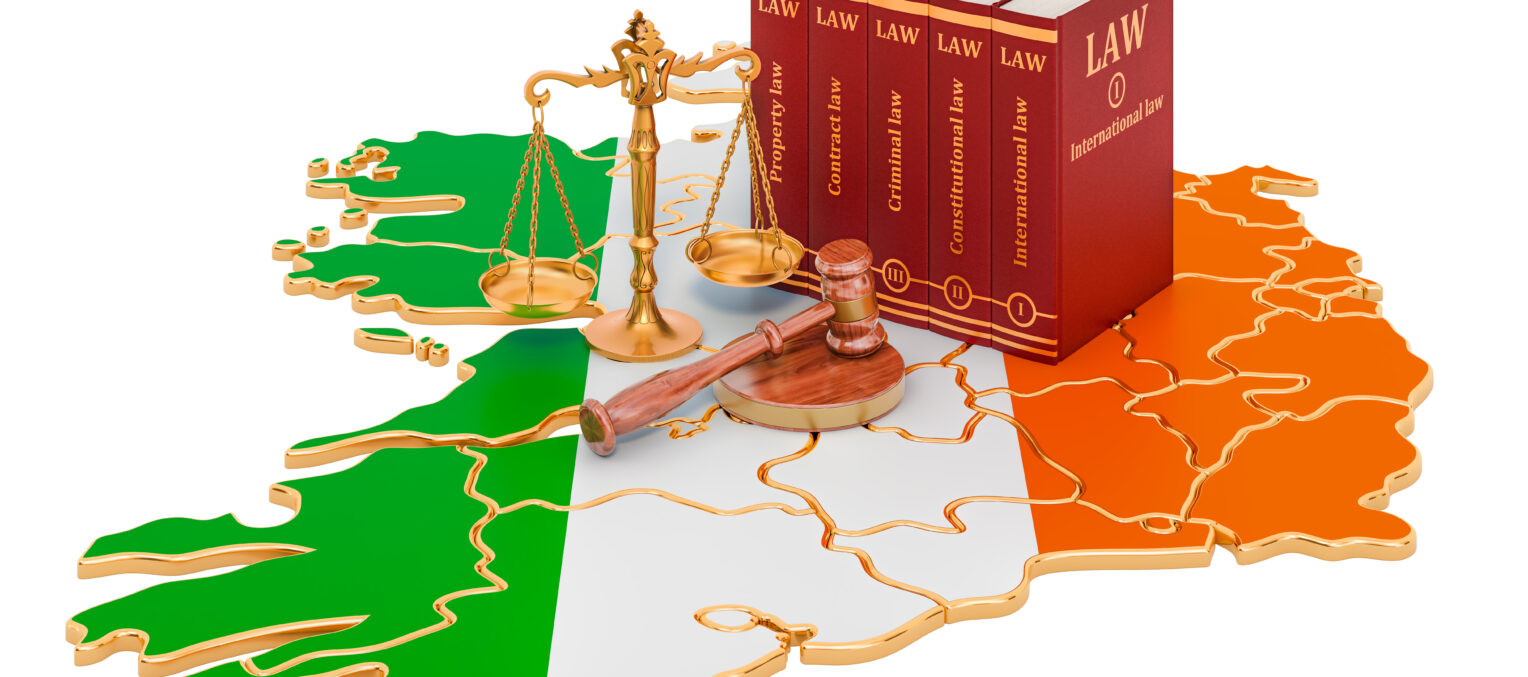
We can expect a decision very soon from the High Court of Ireland on last summer’s Irish Data Protection Commission (“IDPC”) decision that placed serious impediments in the transfer data across the Atlantic. That decision, coupled with the July 2020 Court of Justice of the European Union (“CJEU”) decision to invalidate the Privacy Shield agreement between the European Union and the United States, has placed the future of transatlantic trade in jeopardy.
In 2015, the EU Schrems decision invalidated the previously longstanding “safe harbor” agreement between the EU and U.S. to ensure data transfers between the two zones complied with EU privacy requirements. The CJEU later invalidated the Privacy Shield agreement that was created in response to Schrems. In its decision, the court reasoned that U.S. foreign intelligence laws like FISA Section 702 and Executive Order 12333—which give the U.S. government broad latitude to surveil data and offer foreign persons few rights to challenge such surveillance—rendered U.S. firms unable to guarantee the privacy protections of EU citizens’ data.
The IDPC’s decision employed the same logic: if U.S. surveillance laws give the government unreviewable power to spy on foreign citizens’ data, then standard contractual clauses—an alternative mechanism for firms for transferring data—are incapable of satisfying the requirements of EU law.
The implications that flow from this are troubling, to say the least. In the worst case, laws like the CLOUD Act could leave a wide swath of U.S. firms practically incapable doing business in the EU. In the slightly less bad case, firms could be forced to completely localize their data and disrupt the economies of scale that flow from being able to process global data in a unified manner. In any case, the costs for compliance will be massive.
But even if the Irish court upholds the IDPC’s decision, there could still be a path forward for the U.S. and EU to preserve transatlantic digital trade. EU Commissioner for Justice Didier Reynders and U.S. Commerce Secretary Gina Raimondo recently issued a joint statement asserting they are “intensifying” negotiations to develop an enhanced successor to the EU-US Privacy Shield agreement. One can hope the talks are both fast and intense.
It seems unlikely that the Irish High Court would simply overturn the IDPC’s ruling. Instead, the IDCP’s decision will likely be upheld, possibly with recommended modifications. But even in that case, there is a process that buys the U.S. and EU a bit more time before any transatlantic trade involving consumer data grinds to a halt.
After considering replies to its draft decision, the IDPC would issue final recommendations on the extent of the data-transfer suspensions it deems necessary. It would then need to harmonize its recommendations with the other EU data-protection authorities. Theoretically, that could occur in a matter of days, but practically speaking, it would more likely occur over weeks or months. Assuming we get a decision from the Irish High Court before the end of April, it puts the likely deadline for suspension of transatlantic data transfers somewhere between June and September.
That’s not great, but it is not an impossible hurdle to overcome and there are temporary fixes the Biden administration could put in place. Two major concerns need to be addressed.
- U.S. data collection on EU citizens needs to be proportional to the necessities of intelligence gathering. Currently, the U.S. intelligence agencies have wide latitude to collect a large amount of data.
- The ombudsperson the Privacy Shield agreement created to be responsible for administering foreign citizen data requests was not sufficiently insulated from the political process, creating the need for adequate redress by EU citizens.
As Alex Joel recently noted, the Biden administration has ample powers to effect many of these changes through executive action. After all, EO 12333 was itself a creation of the executive branch. Other changes necessary to shape foreign surveillance to be in accord with EU requirements could likewise arise from the executive branch.
Nonetheless, Congress should not take that as a cue for complacency. It is possible that even if the Biden administration acts, the CJEU could find some or all of the measures insufficient. As the Biden team works to put changes in place through executive order, Congress should pursue surveillance reform through legislation.
Theoretically, the above fixes should be possible; there is not much partisan rancor about transatlantic trade as a general matter. But time is short, and this should be a top priority on policymakers’ radars.
(note: edited to clarify that the Irish High Court is not reviewing SCC’s directly and that the CLOUD Act would not impose legal barriers for firms, but practical ones).




